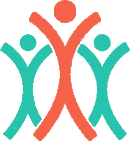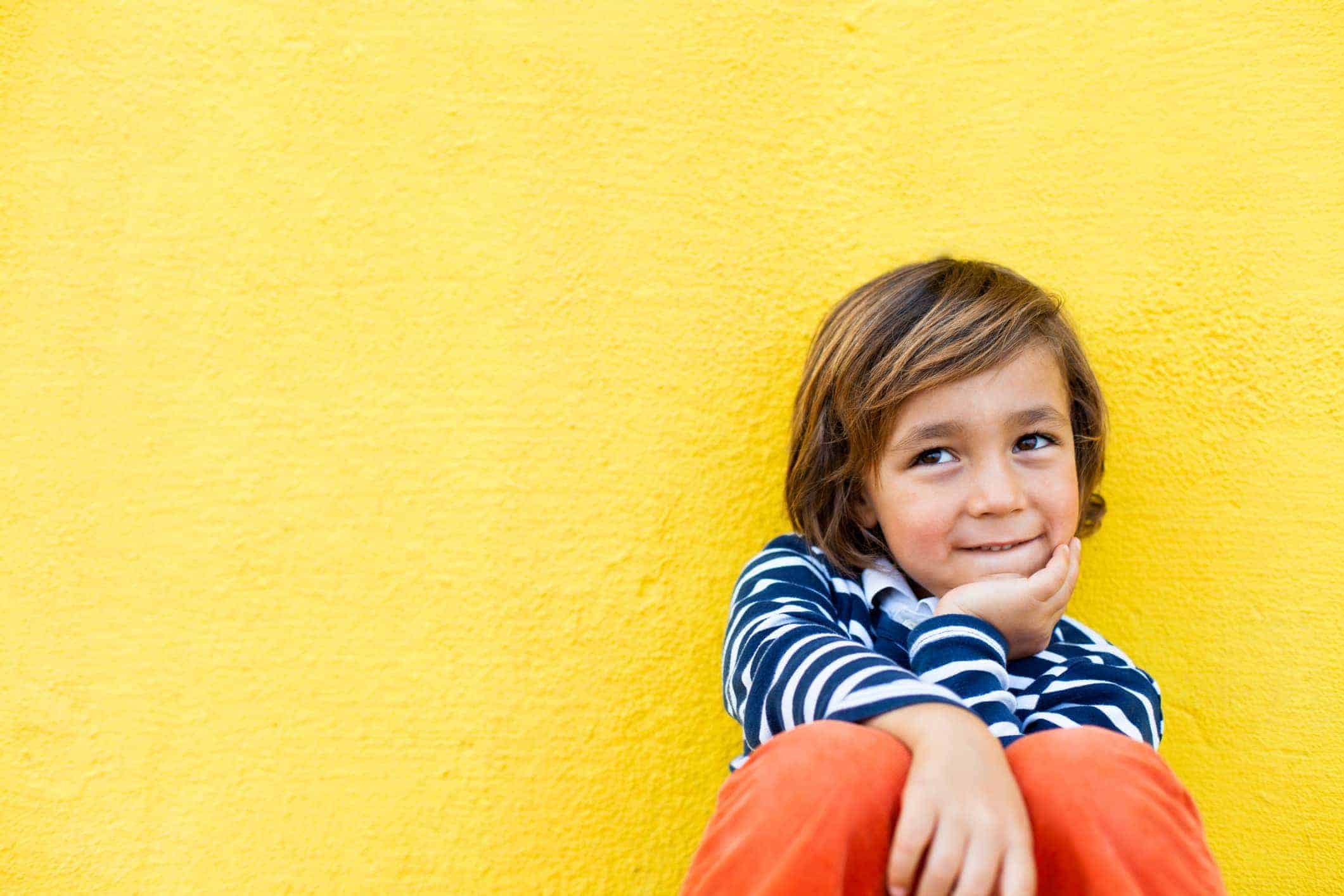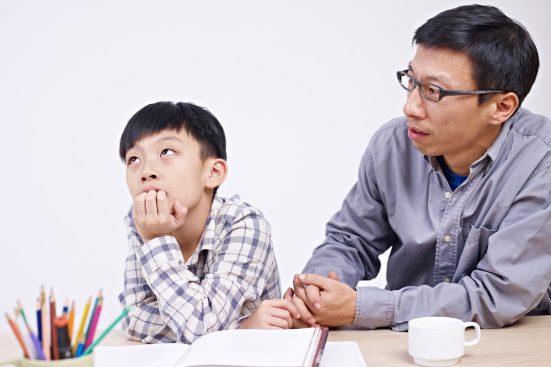This week I’ve worked with kids with all kinds of challenges and struggles.
Some kids need to cope with grief. Some kids were struggling with anxiety. Some children were getting exceedingly frustrated. Some of them were fighting a lot with their siblings.
(Actually, most of them were probably fighting a lot with their siblings, but some of the parents were more honest about it than others :)).
Part of what I did as the therapist in all of these situations was to start by teaching children the actual sentences they needed to act in different ways and to feel differently.
I taught these kids to say things like “It’s no big deal”. “I can cope”. “I’m fine with this”. “You go first, I don’t mind”. “I will be okay”. “I can do this”.
Teaching kids the words first probably seems backwards to some people. I used to think so too. I used to think that my job was to help kids FEEL more confident, to ACT more kindly, to FEEL calmer, to ACT in more co-operative ways. If they were feeling more like this, and acting more like this – then the “I’m okay” and “You go first” sentences would follow.
17 years of child psychology later, I’ve figured out it’s the opposite (super fast learner huh. You should see how quick I adjust to the new Windows operating systems). When I give kids the actual words – the exact sentences to say – and I help their parents reward and praise and coach kids to say these words, the children THEN start to feel differently and act differently.
Try it out. Think of a very specific, and particular aspect of your child’s behaviour you would like to see happen. Perhaps it is acting more co-operatively with their sibling. Perhaps it is being positive about turning off the computer. Perhaps it is feeling confident as they go off to school. Now think of a sentence that they would likely to be saying or thinking as they are doing that very thing. For example: “I’m happy to share with you”, “No worries, I like drawing too”, “I can do this”.
Then write those words down. Give the list the title of “calm words” or “kind words” or “positive words” – the title of the list will depend on what fits the list best. Ask your child to help you come up with some more examples. Decorate the list and put it on the fridge.
Now ask your child to have a “calm/kind/positive words” week. Tell them you are going to notice every time they say one of the sentences on the poster. Praise and thank them for doing so. In some cases, you might like to use some small rewards.
Don’t tell the child they have to believe the words 100%. You just want them to practice saying them sometimes. Don’t do this forever, just for a short time.
You’ll be surprised at how often behaviour will shift. When kids have the words to use to support specific behaviour change, they are far more likely to do it.



